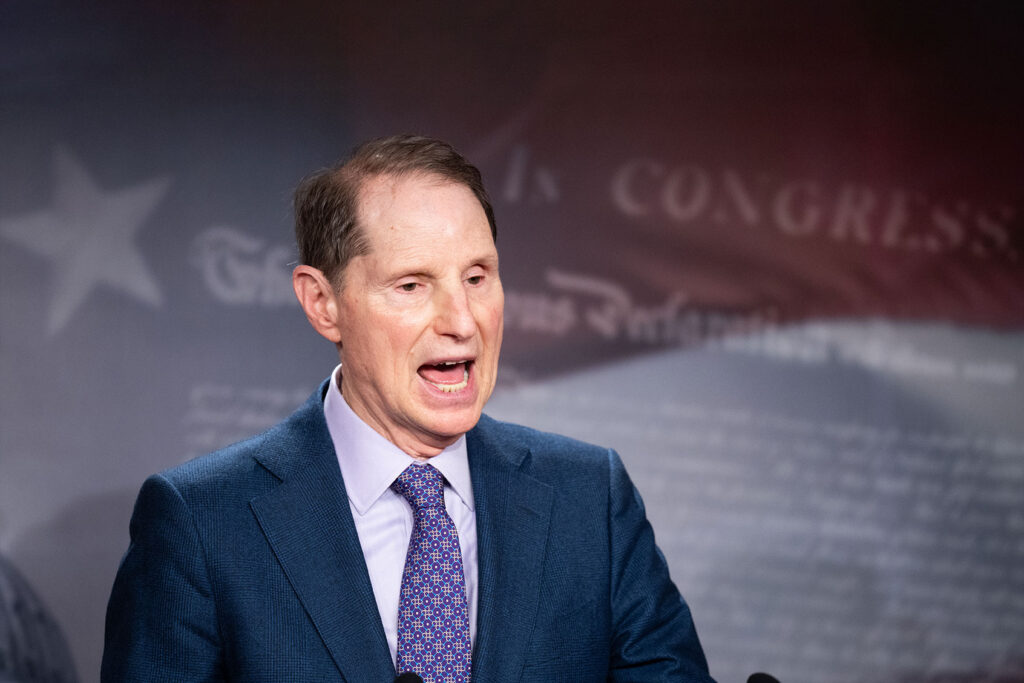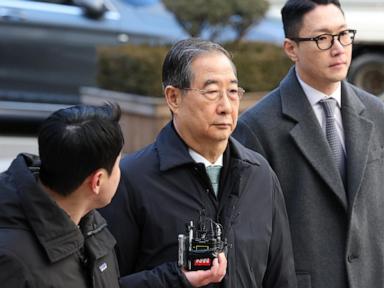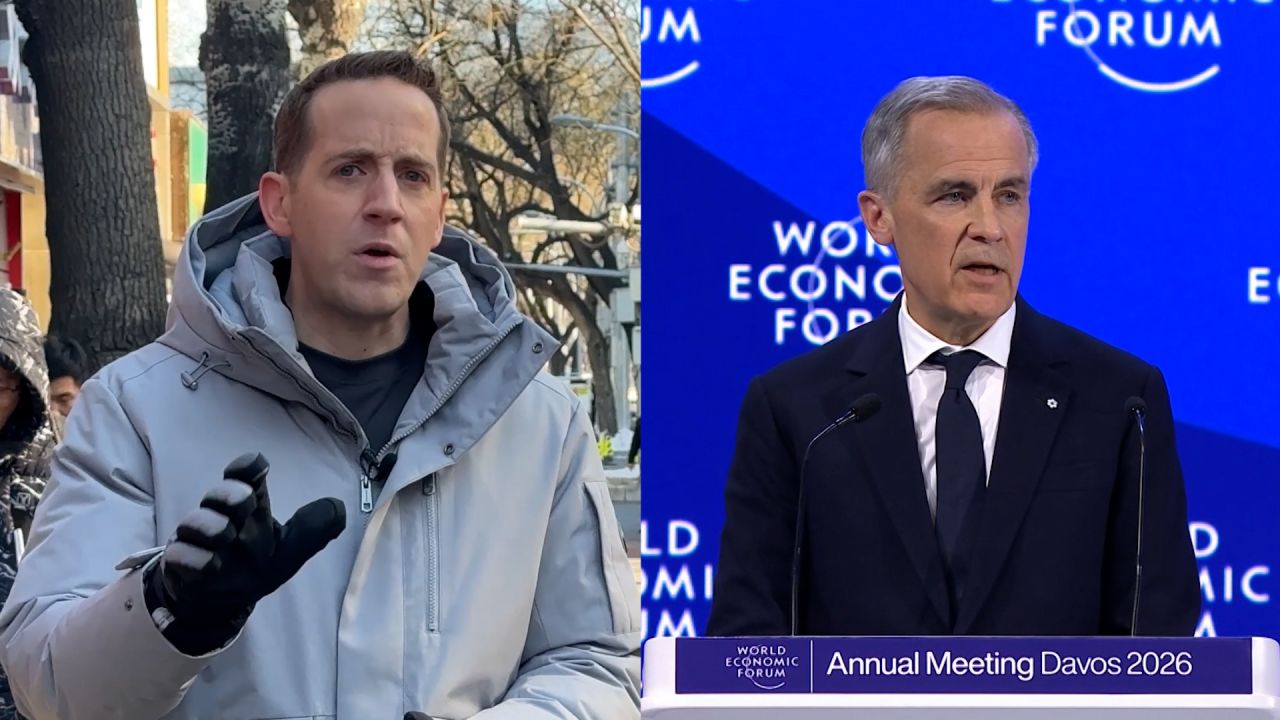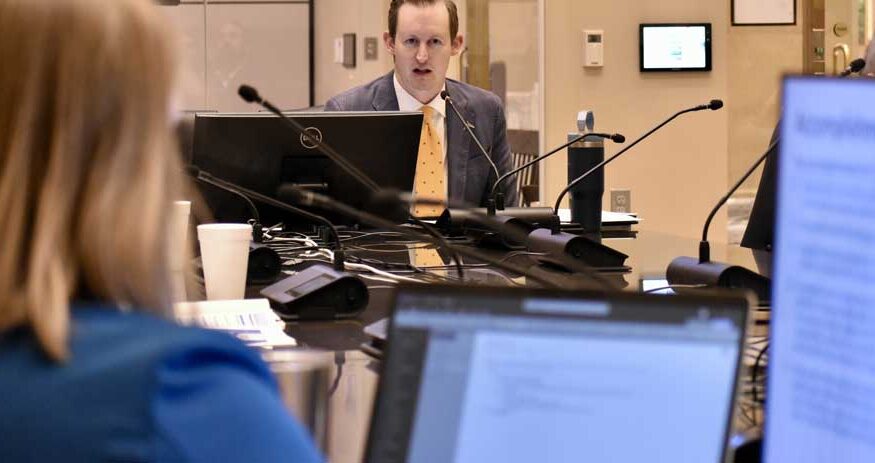
Democratic lawmakers are raising significant concerns regarding President Donald Trump‘s intention to direct the Internal Revenue Service (IRS) to scrutinize left-leaning organizations and political adversaries. They characterize this initiative as a clear instance of government agency weaponization against political opponents.
Senate Finance Committee Ranking Member Ron Wyden, D-Ore., criticized Trump’s actions, asserting, “Donald Trump believes he’s a king, and he’s determined to wield every agency under his control as a weapon to crush political opposition and silence free speech.” Wyden’s statement, which was shared with Salon, underscores the belief among Democrats that such measures threaten the integrity of democratic institutions.
According to a report from the Wall Street Journal, the Trump administration is planning to revise the IRS’s investigative approach, which could lead to intensified investigations of groups and individuals who do not align with the president’s political agenda. Gary Shapley, an adviser to Treasury Secretary Scott Bessent, is being considered for the role of director of the IRS’s criminal investigative division. Bessent has already been instructed by Trump to gather financial information related to progressive political organizations.
Mark Warner, Vice Chairman of the Senate Intelligence Committee, described the situation as “absurd and dangerous” in a post on social media platform X. He stated, “As if Trump’s weaponization of the justice system hadn’t gone far enough, now he’s weaponizing the IRS against his perceived enemies.” Warner’s remarks reflect a growing unease among some lawmakers regarding the implications of such governmental oversight.
Representative Jimmy Gomez, D-Calif., echoed these sentiments, expressing that the nation should be “concerned” about Trump’s potential misuse of the IRS. He claimed, “Trump is illegally going after his political enemies with the IRS, the very kind of abuse of power that destroys democracies from within.” Gomez’s statements emphasize the potential risks to democratic norms posed by the administration’s proposed actions.
The unfolding situation raises critical questions about the future of political discourse in the United States and the role of federal agencies in political matters. As the Trump administration prepares to implement these changes, the response from Democratic lawmakers suggests a heightened awareness and vigilance regarding the intersection of politics and governance.
Democrats fear that this move could set a concerning precedent, where government agencies are used as tools for political retribution, undermining the foundational principles of democracy. The implications of these actions may reverberate beyond immediate political rivalries, affecting public trust in governmental institutions and the integrity of the electoral process.
As discussions continue, the potential for increased scrutiny of political donations and activities looms, creating an atmosphere of apprehension among those who support progressive causes. The situation warrants careful observation as it evolves, particularly in light of the upcoming electoral cycles.






